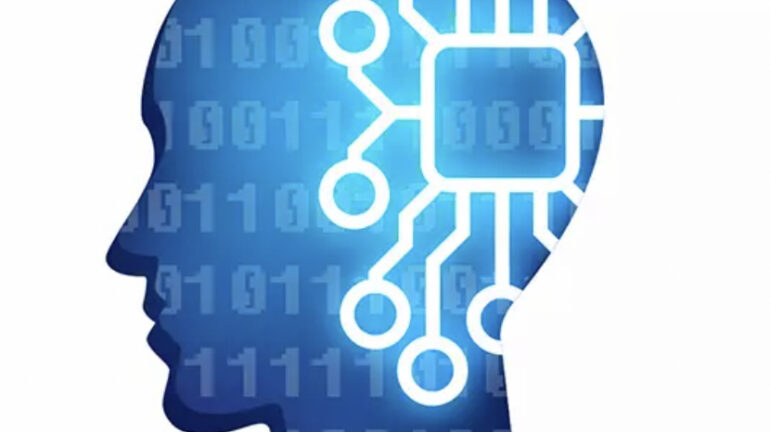
Education is no exception to how the internet and technology have changed numerous industries. Web3, a networked and blockchain-based version of the internet, is a ground-breaking innovation changing the face of education. The way we connect with educational resources, work with fellow learners and validate academic accomplishments will all be transformed by Web3 technology.
With the development of decentralised learning systems enabled by Web3, centralised educational authorities are no longer necessary. In traditional educational methods, the flow of educational content is frequently regulated by middlemen like educational institutions and publishing corporations. By enabling the construction of decentralised platforms where educational content is directly shared between educators and students, Web3 challenges this model. Greater accessibility, inclusion, and flexibility in the learning process are fostered by this decentralisation.
Tokenization of Educational Resources
Tokenizing educational resources is one of Web3’s primary benefits for the education sector. As a result, individual learning modules, certifications, and other educational components can all be recorded on a blockchain as digital tokens. Tokenization opens the way for learners to create a verifiable and unchangeable record of their academic accomplishments and skills by enabling the secure ownership, transfer, and verification of educational assets.
Promoting Learning via Tokenization
Token-based incentive systems can be integrated into educational platforms thanks to Web3. For finishing courses, hitting milestones, or making contributions to the educational community, students can earn tokens. These tokens have value and may be used inside the ecosystem of the platform, providing incentives for continued education and involvement. This mechanism promotes engagement, motivation, and active involvement in the learning process.
Smart Contracts for Academic Integrity
In order to maintain academic integrity in Web3 education, smart contracts, self-executing contracts with the contents of the agreement explicitly put into code, are essential. Using smart contracts, academic records, certifications, and other credentials can be safely kept on a blockchain. Ensuring the validity and authenticity of educational accomplishments, reduces fraud and promotes faith in the educational system.
Collaborative Learning and Research Opportunities
The educational community benefits from decentralised collaboration and research made possible by Web3. Without relying on a single authority, educators and students can work together on projects, share materials, and conduct research. Blockchain-based systems make it possible for contributions to be recorded in an entirely transparent and unchangeable way, promoting a culture of cooperation, creativity, and information sharing.
Personalized Learning Journeys
A key component of the Web3-enabled educational experience is personalization. Educational platforms can create personalised learning routes for individuals based on their preferences, learning styles, and prior achievements by utilising AI algorithms and data stored on blockchains. By customising information and experiences to each learner’s specific needs, this method maximises the effectiveness of learning results.
Microcredits and Micropayments
With the use of Web3, students can make quick, inexpensive purchases to gain access to particular educational resources, services, or content. Micro-credentials may also be awarded as prizes for finishing quick courses, attending seminars, or learning particular skills. This micro-level engagement and reward system supports a modularized, adaptable approach to learning that is in line with the changing demands of contemporary learners.
Web3 technology is poised to reshape the landscape of education by decentralizing access to educational resources, tokenizing educational assets, incentivizing learning, ensuring trust and transparency, enabling collaboration, personalizing learning pathways, and introducing micropayments and microcredentials. As we stand on the brink of a new educational era, embracing Web3 in education can empower learners and educators to create a more accessible, dynamic, and learner-centric educational ecosystem. The potential of Web3 to redefine the future of education is both promising and exciting, offering a glimpse into a world where learning truly knows no bounds.